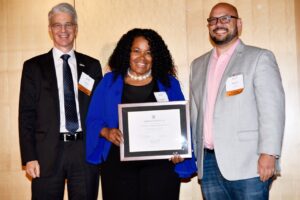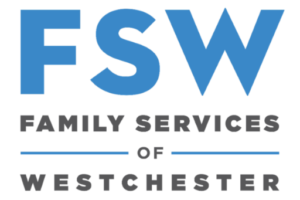 As we enter March, there are many things to consider as we continue down the road to college. While the end of that road may finally be in sight for those who have submitted their applications, others may be just beginning the process of considering the most appropriate steps they can make before formal college planning begins. Whichever may be the case for your student, the following are important actions for the coming months, to gain a competitive edge in the admissions process, or help make appropriate decisions towards future academic success.
As we enter March, there are many things to consider as we continue down the road to college. While the end of that road may finally be in sight for those who have submitted their applications, others may be just beginning the process of considering the most appropriate steps they can make before formal college planning begins. Whichever may be the case for your student, the following are important actions for the coming months, to gain a competitive edge in the admissions process, or help make appropriate decisions towards future academic success.
For seniors, this is a time for students and parents to reflect on the progress they’ve made and be proud of the hard work put in thus far. Still, it is important for students to remain focused on appropriate study habits and academic performance. Encourage your student to strive for continuous academic progress and finish the year strong. For those enrolled in AP courses, especially, it is important to maintain momentum going into the May exam period as many universities will grant students college credit for certain scores. Moreover, Quarter 3 can be critical for anyone who is waitlisted.
Beyond academics, this is the time for students to continue to demonstrate interest in and learn more about the colleges to which they have applied. By simply calling or emailing universities with relevant questions, students can stand out and express the unique value they see in their top schools. Revisiting schools can also help students learn even more about their top colleges. While initial visits are helpful for gaining a general understanding of a university and what it has to offer, revisiting can allow students to be more intentional and focused in the questions they ask and their exploration of a campus’s facilities and resources, as well as the department housing the intended major. In the case of a future waitlist, these consistent interactions will be key to communicating a student’s genuine enthusiasm for a particular university, likely resulting in a more satisfactory outcome. Students interested in colleges with renewable energy degrees should use this time to inquire about specific programs and research opportunities to make sure they match their academic and career interests.
For those in grades 6 through 11, these months are vital to making appropriate course enrollment decisions for the coming year. Looking at your student’s prior performance and interests, how do you know what makes sense for your student? Most schools focus on proficiency, not growth, which can lead many students to take a less challenging course load than what may be appropriate. Through cultivating a solid foundation of enhanced study skills, most students can not only handle but also thrive within more advanced courses. A more advanced curriculum offers your student a variety of benefits including being surrounded by more motivated and dedicated learners, and teachers are often even more invested in encouraging and supporting high levels of student performance. Further, these accelerated or AP courses help construct a more competitive college application in the eyes of admissions officers, assisting your student to make positive, impactful steps on their journey towards college admission. The main challenge is typically efficiency (turn on Screen Time!) and not the intellectual rigor of the course.
Often overlooked, the coming months are vital for students’ academic development and admissions prospects. Take this time to motivate your student to focus, learn, and engage in their future, whether they are pushing through to the finish line, or just starting to take the first few steps.
F. Tony Di Giacomo, Ph.D. is an educator and founder of Novella Prep. He has twenty years of experience working in admissions, development, teaching, and research at various universities.






